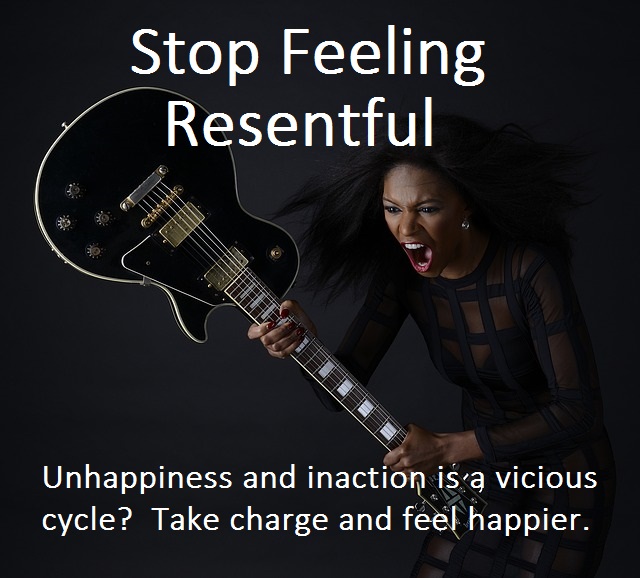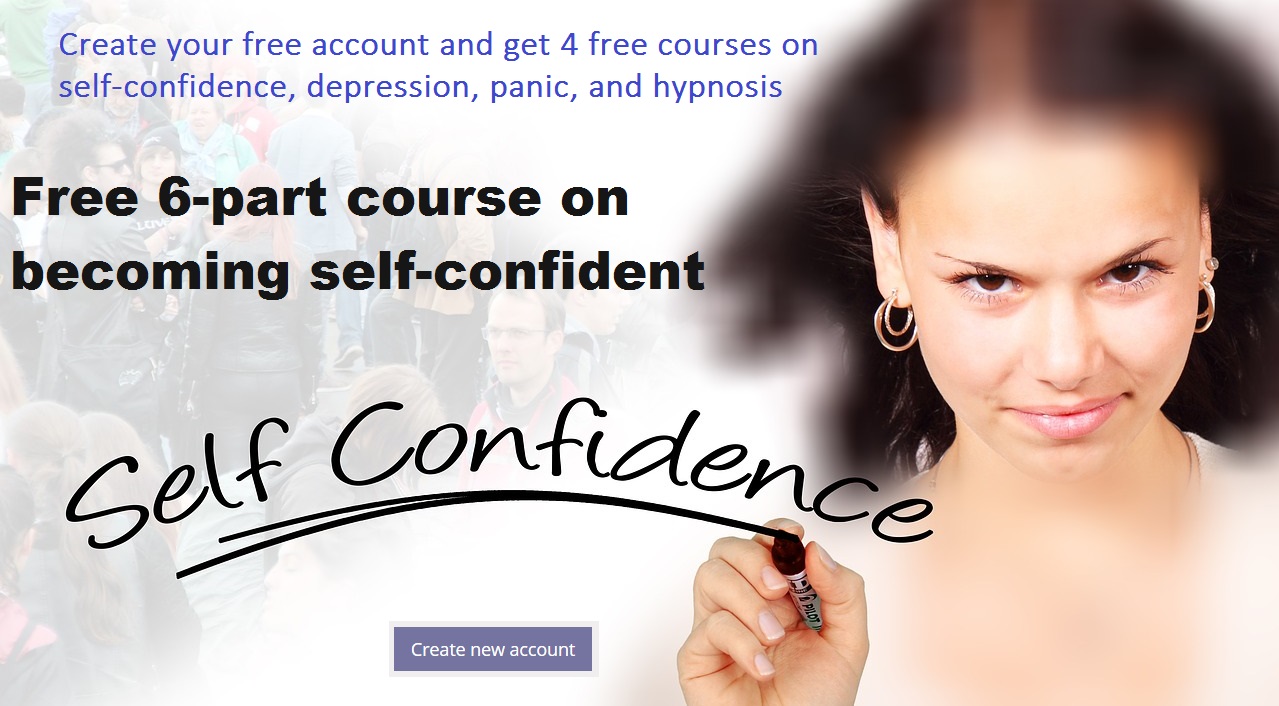Trapped in Turkey
by Lacy MacAuley
(Washington DC, USA)

He was unable to shake my sense of self-worth. I believe that is why he progressed from psychological means of control to physical ones.
Maybe I reached too high and had too far to fall. It has been two months since my return to the US. Domestic abuse was something I never imagined that I would stumble into in my life. But misogyny and patriarchy run deep, especially in Turkey.
I am a radical activist based in Washington DC. I fell in love with an energetic, charismatic activist I met in November. I was present to write about resistance to the G20 Summit in Antalya, Turkey. We talked every day after I came home to the US. He was lovely and charming at that time! In February, I decided to return to Turkey with the promise of love driving me forward.
Even if this were not going to develop into a deeper relationship, it would be an opportunity to learn more about a Muslim country during an interesting political moment, and I could do some work around refugees. I thought, hey, at least I would probably make a dear friend.
The first two weeks were quite the love story. Then came our first fight. I wanted to interview a local woman for an article on Syrian refugees. He did not approve. What I found over the next few weeks was the absolute frustration of my efforts to work. I had put myself in a place of dependence upon a person who, as it turned out, would have liked to keep me by his side and control my every move. He hindered, rather than helped, the work I tried to do there.
Things deteriorated rapidly. In the next few weeks, I was violently pushed, blocked from leaving freely, and told not to speak. I endured threats that he would burn me with cigarettes, and flinched as he “faked” with his lit cigarette. I had to duck to avoid having sharp objects thrown at my face. I had water angrily poured over my head. Unwanted sex, rape? All the time. He did not stop to determine whether I consented to sex. He turned off my wifi, lied about it, and criticized me for using social media, my main link to the rest of my life back in the US. Of course, he would calm down and apologize after his angry moments. He would want us to hang out with his friends and carry on as if everything were normal. He would turn his charm back on. And I would “forgive” him. After all, I felt I had nowhere to go.
Then there were his attempts to control my social media content, especially as pertains to the political situation in Turkey. I stood my ground on my right to free speech and stymied his efforts at censorship through his inability to understand my written text in English. But he would have loved to have total control over my words. This instrument is an extreme form of control and a violation of my free speech.
One-third of men surveyed in Turkey in 2013 stated that it is “occasionally necessary” to commit acts of violence against women, and 28 percent said violence could be used to “discipline women.” I did not want to believe that I was in this statistic. I “forgave” him, too many times.
I honestly think that one of the reasons that I have been silent about this for two months has been that I did not want to feed into the narrative of Muslim men being aggressive. I didn't want to fuel hatred or racism. But silence breeds complicity, and I now know that I must tell this story to heal.
After the first few weeks, I thought about leaving every day, but I had not budgeted for hotel rooms, flights, or buses, nor done the groundwork needed to act effectively there. I felt stuck.
At one point, I successfully left him and got checked in at a hostel in the city. Two days later I was jailed by Turkish police for hours when I tried to enter a large public speech by President Erdogan simply. (They make a habit of jailing reporters and activists.) After I was released, I called him, and he came to my side. I felt safer knowing that this abusive man at least had my back and would not let me disappear in a Turkish jail.
The worst moment of this relationship was our last weekend together. My abuser had talked me into allowing him to accompany me on a college tour. I thought I could use his help with navigation. But once we were on the campus, surrounded by young students who spoke English, I believe he sensed he didn't have control over my communication. When I tried to ask a young man for directions, his mood changed dramatically. He tried to discipline me, with other young students walking past, and threatened to burn me with his cigarette. Trying to avoid causing a scene, I remained calm and tried to diffuse his anger. (As if it is my job to manage the childish anger of this man!)
Half an hour later, he snapped. He pushed me, basically trying to force me off of campus. (His angry words were “Okay, we are leaving! We are leaving!”) A professor leaned out of her office window to tell him to stop. Speaking in English, she said, “I don’t like how you were pushing her.” A man with a phone appeared. We both had to leave. I walked in silence with him for half an hour until we were far away from campus, but at a bus station surrounded by people. I told him that I was leaving for good. I firmly told him exactly why and said that no one deserved the treatment that I have received. He responded by taking my bag with my extra money, my iPad, my journal, and some of my cherished keepsakes, telling me that I would have to come with him if I wanted my belongings, and rapidly walking off. He refused to return it, forcing me to chase him through the streets. Meanwhile, onlookers appeared somewhat concerned, but no one stopped to help or ask questions. How many cases of abuse fly under the radar as “just another lover’s quarrel”?
I finally caught up with him and told him once and for all to return my bag so that I could go back to our room, in his friend’s apartment, and collect my things so that I could leave him. He refused to tell me his friend’s home address, phone number, or even last name so that I could contact the friend and access my luggage. Then he threatened to steal all of my luggage and bring it back with him across the country, all the way from Istanbul to Antalya.
When I threatened to call the police, he gave me the evilest eye and told me that domestic abuse was not taken seriously in Turkey. He said, accurately, that we would likely both wind up in jail if I did that, and he would only talk his way out of the situation. After all, I had no bruises or broken bones, and with his silver (forked) tongue he could easily talk his way out of the situation. How dare he discuss these injustices now, I thought, crimes that he had learned from his feminist friends, to perpetuate his male violence against me. But I knew that he was right. Instead of opening a court case against him that I was unlikely to win, I let him successfully use the threat of him stealing all of my possessions to force me to stay one more night, marching forward like a prisoner. That was one of the worst nights of my life. But I survived.
He accompanied the physical abuse with degrading comments. Like many abusers, his real desire is for control, and he sought that through psychological means first. He said I was disorganized and too proud. He said I was a “prostitute” for accepting donations for my advocacy work and social-media-addicted. He said my social media wasn’t even good, and I made him wait for an extra five seconds (for real, five seconds!), which wasn’t okay. He said I had probably had sex with all of the Turkish men who were my Facebook friends and I talked too much. He said I asked him the wrong questions.
His desire to degrade me, however, only made me push back harder and verbally defend myself. I am no shrinking violet. He can try to force, but there is an iron rod at my core that will not budge. He was unable to shake my sense of self-worth. I believe that is why he progressed from psychological means of control to physical ones.
How can a radical activist and a feminist find herself in a relationship like this? An abundance of optimism is perhaps my greatest crime.
In the end, though I had been dependent upon my abuser in Turkey, I had the privilege of getting on an airplane and leaving. At the end of all of this, I was able to cross the Atlantic Ocean get away from him forever.
Turkish women are not so lucky to be able to leave. About 42 percent of women in Turkey report intimate partner violence. Meanwhile, Turkish officials make unhelpful comments telling women to avoid public laughter and not to be “inviting” in their behavior, lest they become victims of sexual violence. The Health Minister and President say that the “most important career” for a woman is motherhood. This point of view does nothing to improve the status of women in Turkey.
“Sometimes, it’s not violence, but the threat of violence that makes life so hard,” I was told by a wise woman. Maybe that is why Turkish society seldom sees Turkish women outside the home at night. Maybe that is why Turkish women are so quiet. Maybe it is the constant threat that wears them down, more than the dramatic, but occasional, acts of physical violence.
I haven’t known how to talk about all of this without feeling re-traumatized, and also feeling the stigma of “if it happens once, shame on him, but if it happens twice, shame on you.” Who decided to stigmatize women for staying when violence first emerges? There are hundreds of reasons that women choose to stay with an abuser at first: for self-preservation, for economic reasons, for their children. Maybe they have been demoralized and believe the lies their abuser tells them. But we survive, and leave when we can. In my case, I stayed because lack of money trapped me in a foreign country. I barely knew the language, and I knew the justice system was unlikely to believe me if I called the police.
But I survived. I am wiser now from my experience. My heart goes out to all of the women surviving right now under the thumb of an abuser.
You have more strength and power than you know. Reach out, get help. Get your life and your joy back. The world deserves to hear from you.




